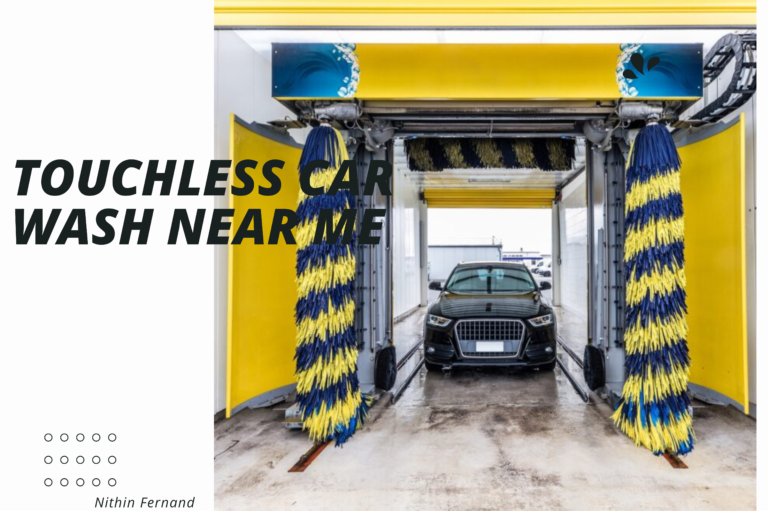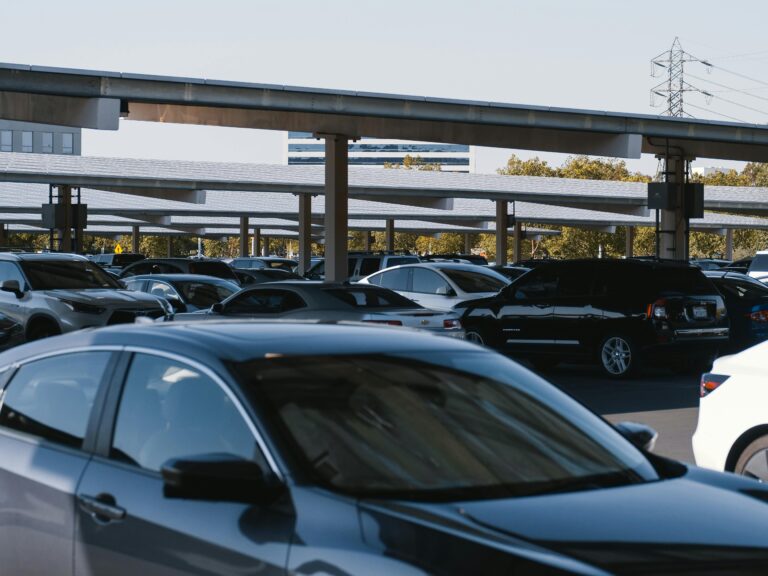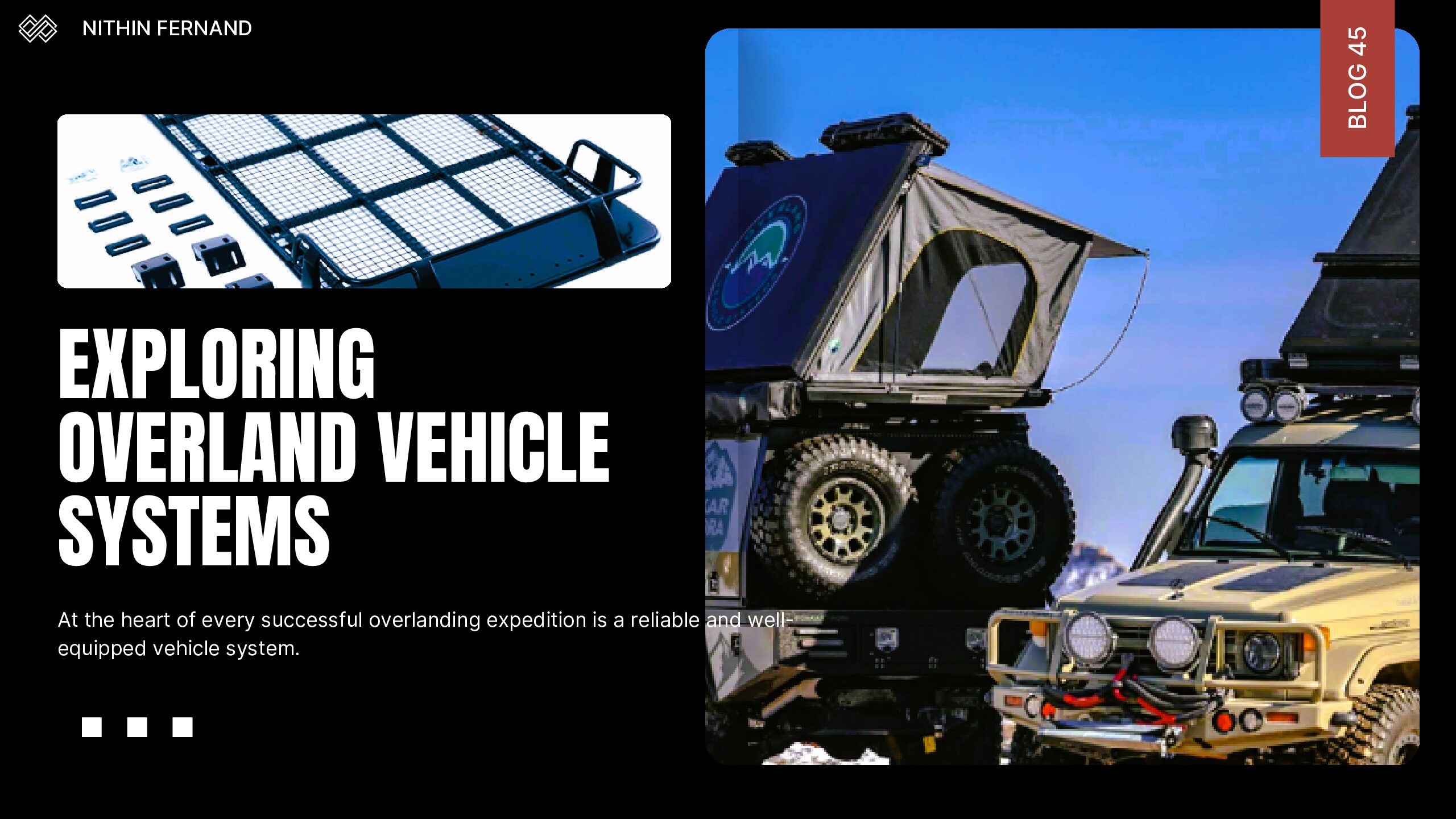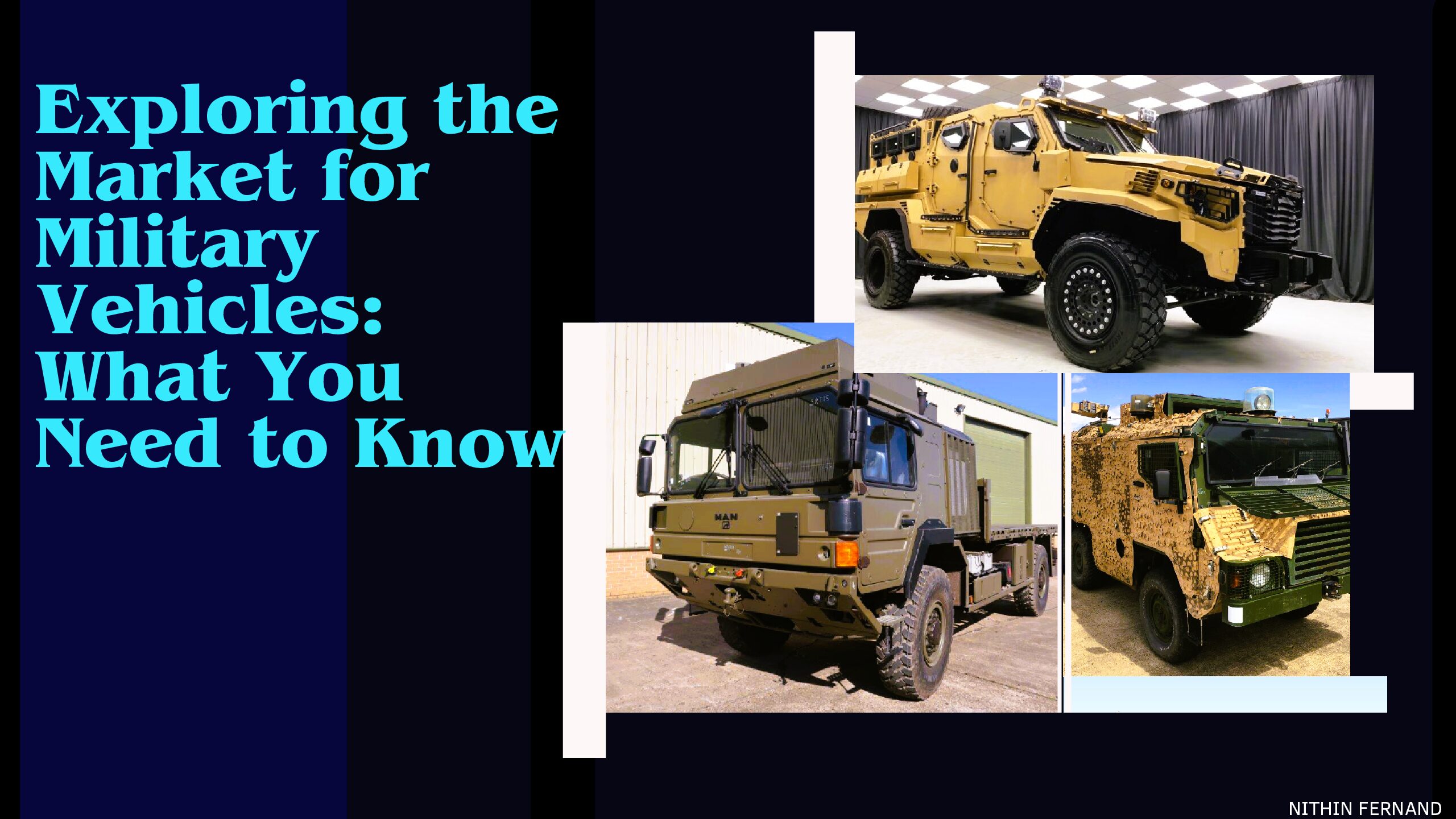Facilitating Whitelisted Individuals to Sell Vehicles for Farming and Friendship 2024
As modern society continues to evolve, the concept of whitelisted individuals being empowered to sell vehicles for specific purposes such as farming and to friends has garnered significant attention. This article delves into the multifaceted implications of enabling such transactions within a controlled framework.

Introduction
The dynamics of vehicle sales have undergone a transformation with the evolving concept of whitelisted individuals being empowered to engage in transactions for specified purposes, particularly in the realms of farming and friendship. This article aims to comprehensively analyze the implications, benefits, and challenges inherent in allowing whitelisted individuals to sell vehicles within these designated contexts.
As societal structures adapt to meet contemporary needs, the notion of streamlining vehicle transactions within trusted networks presents a compelling prospect. This article delves into the multifaceted landscape of whitelisted individuals selling vehicles for farming, exploring the potential economic stimuli, community impacts, regulatory considerations, and security challenges inherent in this paradigm.
By delving into this topic, we seek to uncover a nuanced understanding of the impact that this practice may have on local economies, interpersonal relationships, and regulatory framework Fostering an understanding of how whitelisted vehicle sales can bolster agricultural practices, promote community cohesiveness, and instigate economic dynamism allows us to envision a future where these transactions can enrich the fabric of society while adhering to established legal and ethical parameters. Through this comprehensive analysis, we endeavor to shed light on the opportunities and complexities that arise from the facilitation of whitelisted individuals selling vehicles for farming and to friends, providing a foundation for informed discourse and future developments in this evolving sphere. Benefits of Whitelisted Vehicle Sales.
Benefits of Whitelisted Vehicle Sales
Enabling whitelisted individuals to engage in vehicle sales for farming and friendship purposes yields a spectrum of advantages that resonate across agricultural, economic, and social domains. This section elucidates the manifold benefits inherent in this practice.
Enhanced Agricultural Productivity
Facilitating whitelisted individuals to sell vehicles for farming endeavors can significantly impact agricultural productivity and efficiency. By streamlining the process of acquiring essential machinery, farmers can access the specialized equipment needed for precision agriculture and sustainable land management. This can lead to heightened yields, cost savings, and overall improvements in farm operations.
Community Cohesion and Economies
Enabling whitelisted individuals to sell vehicles to friends fosters a sense of community and solidarity. Social networks and interpersonal relationships are strengthened through these transactions, cultivating an environment of mutual support and collaboration. Additionally, this informal economy can bolster local economic activity, creating opportunities for entrepreneurship and trade within trusted circles.
Entrepreneurial Opportunities
By empowering whitelisted individuals to participate in vehicle sales, particularly in the context of agriculture, governments and regulatory bodies stimulate entrepreneurial endeavors. This can lead to the emergence of small-scale businesses, market diversification, and heightened competition, ultimately benefiting consumers while invigorating local and regional economies.
Sustainability and Resource Optimization
Whitelisted vehicle sales for farming purposes open avenues for enhanced resource management and sustainability. Access to well-maintained and appropriate machinery can mitigate unnecessary resource wastage while promoting environmentally conscious farming practices. This, in turn, contributes to the sustainability of agricultural operations and minimizes ecological impact.
Empowerment and Inclusivity
Enabling whitelisted vehicle sales empowers individuals within trusted networks, providing a mechanism through which they can contribute to larger economic endeavors and societal well-being. It fosters inclusivity and participation, allowing individuals to leverage their assets for mutual benefit while adhering to established legal and ethical parameters.
By acknowledging and examining these benefits, we recognize the potential for whitelisted vehicle sales to serve as a catalyst for economic development, community resilience, and sustainable agricultural practices. The ensuing sections will delve further into the regulatory and security considerations vital to channeling these advantages effectively and responsibly.
Economic Stimulus and Entrepreneurial Opportunities

The facilitation of whitelisted individuals selling vehicles for farming and to friends serves as a potent catalyst for economic stimulus and the cultivation of entrepreneurial opportunities within specific sectors and local communities.
Local Economic Growth
Empowering whitelisted individuals to engage in vehicle sales for farming purposes invigorates local economies by fostering a conducive environment for trade and commerce. The circulation of vehicles within the agricultural sector generates economic activity, supporting not only the farming community but also related industries such as equipment maintenance, repair services, and spare parts providers.
Innovation and Market Diversity
Enabling whitelisted individuals to participate in vehicle sales, particularly within the context of agriculture, fosters a climate of innovation. This can lead to the introduction of specialized machinery tailored to the specific needs of local farmers, promoting diversity within the market and stimulating technological advancements that enhance productivity and sustainability in agriculture.
Entrepreneurial Ventures
The empowerment of whitelisted individuals to sell vehicles for farming can be a catalyst for entrepreneurial ventures. Small-scale entrepreneurs and individuals within farming communities can seize the opportunity to establish businesses centered around the sale and maintenance of agricultural machinery, contributing to job creation and the expansion of economic opportunities within rural and semi-urban settings.
Competition and Consumer Choice
The participation of whitelisted individuals in vehicle sales introduces healthy competition into local markets. This, in turn, provides consumers with an expanded array of options when seeking to purchase agricultural vehicles, accessories, and related equipment. Competition stimulates innovation and efficiency, ultimately benefiting end-users through improved product diversity and quality.
Community Resilience
By fostering an environment where whitelisted individuals can engage in vehicle sales to friends and acquaintances, communities can fortify their economic resilience. The informal economy that arises from these transactions encourages localized trade and fosters mutually beneficial relationships, promoting financial autonomy and interconnectedness within communities.
By harnessing these economic stimuli and entrepreneurial opportunities, the facilitation of whitelisted vehicle sales for farming and friendship has the potential to invigorate local economies, drive innovation, and bolster the resilience of communities. These facets, when thoroughly evaluated and managed within a robust regulatory framework, carry the promise of fostering sustainable growth while nurturing a dynamic and inclusive economic landscape.
Regulatory Framework and Security Concerns
The facilitation of whitelisted individuals selling vehicles for farming and friendship introduces a range of regulatory considerations and security concerns that must be carefully addressed to maintain the integrity and safety of these transactions.
Verification and Authentication
A robust regulatory framework must incorporate mechanisms for verifying the authenticity of sellers and buyers participating in whitelisted vehicle sales. Establishing processes for identity verification, ownership documentation, and transaction transparency is crucial to prevent fraudulent activities and ensure the legality of transactions conducted within these designated contexts.
Compliance and Oversight
Regulatory bodies play a pivotal role in overseeing whitelisted vehicle sales to guarantee adherence to established laws and regulations. Monitoring compliance with licensing requirements, taxation obligations, and safety standards is essential for safeguarding the interests of all stakeholders involved in these transactions and upholding the integrity of the marketplace.
Prevention of Illicit Activities
Security concerns surrounding whitelisted vehicle sales include the potential for illicit activities such as vehicle theft, money laundering, or the exploitation of transactions for criminal purposes. Implementing stringent security measures, including tracking mechanisms, background checks, and audit trails, can help mitigate these risks and deter illicit behavior within the system.
Data Privacy and Confidentiality
Preserving the confidentiality of sensitive information related to whitelisted individuals engaging in vehicle sales is paramount. Upholding data privacy standards and safeguarding personal details shared during the transaction process is essential to prevent unauthorized access, identity theft, or misuse of personal data for malicious intent.
Consumer Protection
Ensuring consumer protection within whitelisted vehicle sales necessitates transparent disclosure of vehicle histories, conditions, and warranties to buyers. Establishing consumer rights frameworks, dispute resolution mechanisms, and avenues for recourse in case of fraudulent or misleading transactions is vital for safeguarding consumer interests and promoting trust in the marketplace.
By meticulously addressing regulatory requirements and security considerations within the framework of whitelisted vehicle sales for farming and friendship, regulatory authorities and stakeholders can cultivate a secure, transparent, and trustworthy environment for facilitating these transactions. Striking a balance between regulatory compliance and operational flexibility is key to fostering a thriving marketplace that upholds legal standards, protects participant interests, and sustains the ethical conduct of transactions within these designated spheres.
Case Studies and Real-world Implications
Examining case studies and real-world implications provides valuable insights into the practical dynamics and potential impact of facilitating whitelisted individuals to engage in vehicle sales for farming purposes and to friends.
Agricultural Productivity and Sustainability
In regions where whitelisted individuals have been permitted to sell vehicles for farming, case studies reveal notable enhancements in agricultural productivity and sustainability. Access to specialized farming machinery has empowered local farmers to adopt precision farming techniques, reduce resource wastage, and optimize land use, resulting in improved crop yields and resource efficiency.
Community Engagement and Economic Upliftment
Real-world implications of whitelisted vehicle sales among friends have demonstrated a positive impact on community engagement and economic upliftment. Within closely-knit agricultural communities, these transactions have fostered cooperative relationships, supported local commerce, and provided avenues for informal economic activities, thereby strengthening the social fabric and boosting economic resilience.
Regulatory Adaptability and Enforcement Best Practices
Case studies have showcased the efficacy of regulatory adaptability and enforcement best practices in governing whitelisted vehicle sales. Jurisdictions with well-crafted regulatory frameworks, including stringent verification processes and transparent oversight, have effectively mitigated security risks and facilitated lawful, ethical transactions within the stipulated parameters, underscoring the importance of vigilance and adaptability in regulatory governance.
Innovation and Market Diversity
Real-world implications of whitelisted vehicle sales for farming outline the emergence of innovative market models and diversification. Entrepreneurs and small-scale businesses have seized opportunities to cater to specialized agricultural equipment needs, fostering market diversity and stimulating localized economies while driving innovations in agricultural technology and machinery services.
By examining these case studies and real-world implications, stakeholders and policymakers gain valuable insights into the tangible outcomes and potential challenges associated with facilitating whitelisted individuals to sell vehicles for farming and friendship. These collective experiences serve as a foundation for informed decision-making, policy formulation, and the implementation of best practices to harness the benefits and mitigate the challenges associated with this evolving aspect of vehicle transactions.
Conclusion
The comprehensive analysis presented herein illuminates the multifaceted landscape of facilitating whitelisted individuals to engage in vehicle sales for farming purposes and to friends. From exploring the benefits and economic stimuli to delving into the regulatory framework, security concerns, case studies, and real-world implications, it is evident that this practice holds significant potential for reshaping agricultural economies and fostering community cohesion.
Through the facilitation of whitelisted vehicle sales, there lies an opportunity to bolster agricultural productivity, stimulate local economies, cultivate entrepreneurial ventures, and fortify community resilience. Realizing these prospects, however, necessitates a delicate balance between regulatory oversight and enabling flexibility, prioritizing security and consumer protection, and adapting best practices from successful case studies.
By harnessing innovation, market diversity, and sustainable agricultural practices, whitelisted vehicle sales for farming purposes can encapsulate a synergy of economic, social, and environmental benefits. The informal economy that emerges from these transactions underscores the importance of carefully tailored regulatory frameworks and diligent security measures to safeguard against potential illicit activities and ensure the trust and safety of all participants.
As we navigate this evolving paradigm, drawing from the real-world implications and lessons learned from case studies further illuminates the nuanced implications and opportunities this practice offers. These insights are crucial in shaping effective policies, fostering responsible entrepreneurship, and fostering an environment that promotes the ethical and mutually beneficial exchange of vehicles within trusted networks.
In conclusion, the facilitation of whitelisted individuals to sell vehicles for farming and friendship presents a compelling opportunity for economic dynamism, community enrichment, and sustainable agricultural practices. By leveraging these insights and deploying judicious measures, stakeholders and policymakers can carve a path toward a secure, resilient, and inclusive marketplace that harnesses the potential of whitelisted vehicle sales for the betterment of agricultural communities and societal well-being at large.
latest posts







